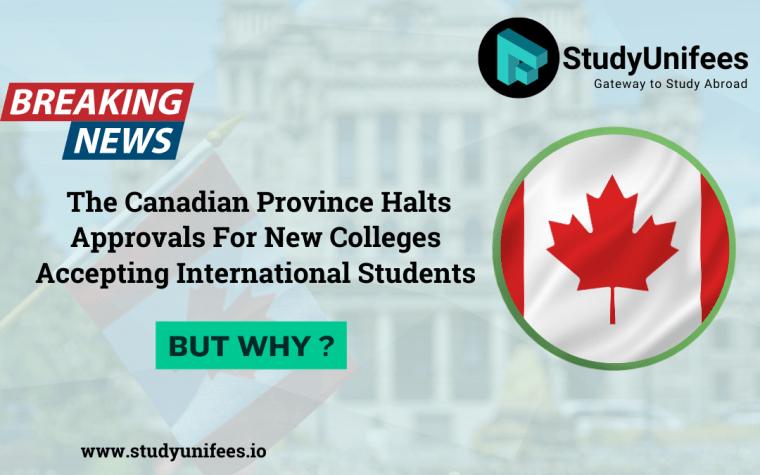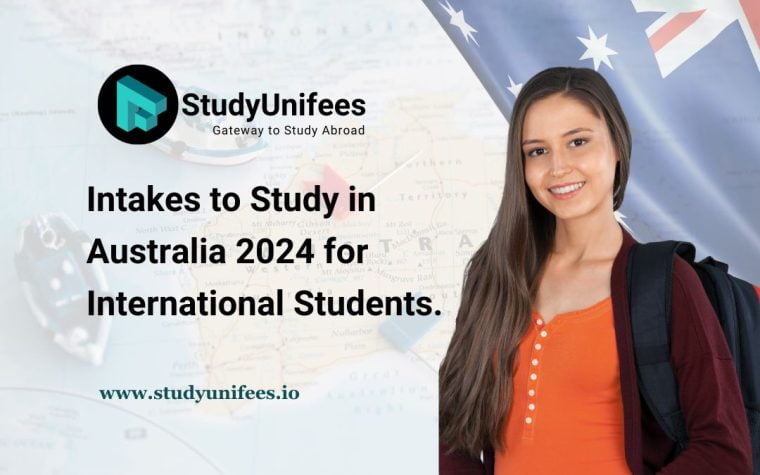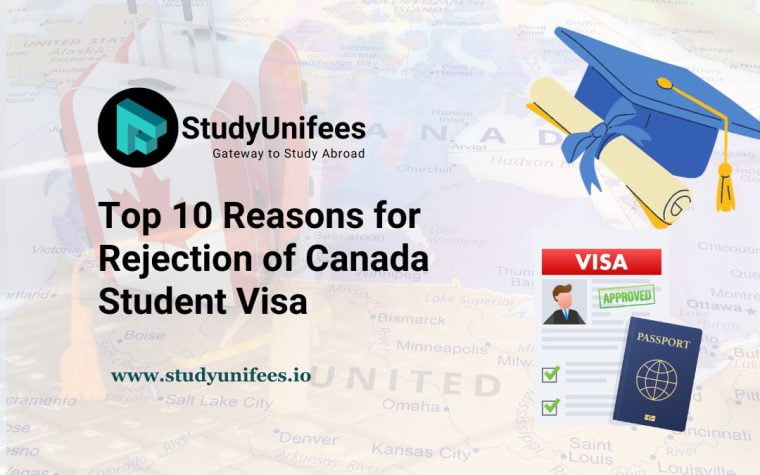Choosing the right destination for pursuing a Master of Science (MS) abroad is a critical decision that profoundly impacts your academic and professional trajectory. In this blog we’ll explore 20 countries globally, renowned for their outstanding MS programs, highlighting the unique advantages each destination offers. Additionally, we’ll discuss the 20 most popular MS courses pursued by international students who study abroad on a global scale.
- United States
- Advantages:
- Best Research Opportunities: The U.S. boasts a robust research ecosystem, providing students who want to study abroad with access to state-of-the-art laboratories and groundbreaking projects.
- Industry Access for Internships: Proximity to leading industries enhances opportunities for internships, fostering practical experience and industry connections for students who want to study abroad.
- Diverse Specializations: A wide range of specializations caters to varied academic interests, from technology and engineering to arts and sciences.
- Advantages:
- United Kingdom
- Advantages:
- Academic Reputation: Renowned universities in the UK uphold a strong academic reputation, providing a high-quality educational experience to students who want to study abroad.
- Cultural Diversity: The UK’s multicultural environment enriches the student experience, fostering global networking opportunities and a broad perspective.
- Focus on Employability: Universities emphasize practical skills development, enhancing employability prospects post-graduation.
- Advantages:
- Germany
- Advantages:
- Affordable Education: Many institutions offer tuition-free or low-cost education, making Germany an attractive destination for international students.
- Research and Innovation: A strong emphasis on research and innovation creates a dynamic learning environment, especially in engineering and technology.
- Thriving Sectors: Germany’s thriving engineering and technology sectors offer abundant opportunities for specialization and career growth.
- Advantages:
- Canada
- Advantages:
- High-Quality Education: Renowned for its high-quality education and research facilities, Canada attracts students who want to study abroad with its top-tier universities.
- Multicultural Environment: A welcoming and multicultural society ensures that international students feel at home, promoting a diverse and inclusive learning environment.
- Post-Graduation Work Opportunities: Canada’s generous post-study work options enhance career prospects for international graduates.
- Advantages:
- Australia
- Advantages:
- World-Class Universities: Australian universities are known for their world-class standards, offering a rigorous academic curriculum and cutting-edge research opportunities.
- Quality of Life: A high quality of life, diverse cultural experiences, and stunning landscapes contribute to an enriching student experience for students who want to study abroad.
- Post-Study Work Opportunities: Robust post-study work options encourage students to gain valuable work experience in Australia after completing their studies.
- Advantages:
- Netherlands
- Advantages:
- Internationally Recognized Research: Dutch institutions are globally recognized for their research excellence, providing students with access to groundbreaking projects.
- English-Taught Programs: The majority of programs are offered in English, facilitating an inclusive and accessible learning environment for international students.
- Innovation and Entrepreneurship: A strong emphasis on innovation and entrepreneurship prepares students for dynamic and rapidly evolving industries.
- Advantages:
- Sweden
- Advantages:
- Tuition-Free Education: Swedish universities offer tuition-free education for EU students, making it an economically viable option.
- Sustainability Focus: Sweden’s commitment to sustainability and innovation aligns with global concerns, creating an environment that fosters responsible and forward-thinking solutions.
- Quality of Life: High living standards and an excellent work-life balance contribute to a positive student experience for those who want to study abroad.
- Advantages:
- Singapore
- Advantages:
- Strategic Location: Singapore’s strategic location in Asia enhances networking opportunities and provides access to a dynamic and growing job market.
- Technology and Innovation Hub: As a global hub for technology and innovation, Singapore offers students exposure to cutting-edge advancements in various industries.
- Multicultural Environment: Singapore’s multicultural society enriches the student experience, promoting diversity and a global perspective.
- Advantages:
- France
- Advantages:
- Cultural Richness: France’s rich cultural experiences and history contribute to a unique and immersive student experience.
- Research and Academic Excellence: A strong emphasis on research and academic excellence ensures a high standard of education for international students.
- Affordable Tuition: Compared to other Western European countries, France offers relatively affordable tuition fees for international students.
- Advantages:
- Switzerland
- Advantages:
- High-Quality Education: Switzerland’s universities are synonymous with high-quality education and research facilities, offering a world-class learning experience.
- Multilingual Environment: The multilingual nature of Switzerland promotes global networking, with English commonly used in academic settings.
- Thriving Sectors: Switzerland’s strength in finance, technology, and life sciences presents ample opportunities for specialization and career advancement.
- Advantages:
- Norway
- Advantages:
- Tuition-Free Education: Norway offers tuition-free education for international students, making it an attractive option for those seeking affordable academic pursuits.
- Sustainability Focus: A strong focus on sustainability aligns with global concerns, preparing students to address environmental challenges.
- High Quality of Life: Norway’s high standard of living contributes to a positive and comfortable student experience.
- Advantages:
- Denmark
- Advantages:
- Research and Innovation: Denmark’s commitment to research and innovation creates an environment that encourages intellectual exploration and creativity.
- English-Tuition Programs: Many programs are offered in English, ensuring accessibility for international students and promoting inclusivity.
- Quality of Life: Denmark’s emphasis on work-life balance and high living standards fosters a positive and enriching student experience.
- Advantages:
- Finland
- Advantages:
- World-Class Education System: Finland’s education system is world-renowned, emphasizing equality and providing students with a comprehensive and high-quality learning experience.
- Innovation Focus: Finland’s commitment to technology and innovation prepares students for evolving industries and future challenges.
- Natural Beauty: Breathtaking natural landscapes contribute to an overall positive and inspiring student experience.
- Advantages:
- New Zealand
- Advantages:
- Quality Education: New Zealand offers a high standard of education, with universities known for their academic excellence and research contributions.
- Stunning Landscapes: The country’s stunning landscapes provide a picturesque backdrop for students, enhancing their overall experience.
- Welcoming Atmosphere: A friendly and welcoming atmosphere ensures that international students feel at home, contributing to a positive and inclusive learning environment.
- Advantages:
The 20 Most Popular MS Courses Worldwide
Now, let’s delve into the 20 most popular MS courses pursued by international students globally:
- Computer Science
- Data Science and Analytics
- Electrical Engineering
- Mechanical Engineering
- Biomedical Sciences
- Artificial Intelligence
- Chemical Engineering
- Civil Engineering
- Finance
- Business Analytics
- Environmental Science
- Cybersecurity
- Software Engineering
- Economics
- Biotechnology
- Aerospace Engineering
- Information Technology
- Physics
- Materials Science
- Public Health
In conclusion, the pursuit of an MS degree abroad opens doors to a multitude of possibilities, each country offering a unique blend of academic excellence, cultural richness, and career opportunities. As you consider your options, carefully weigh the advantages presented by each destination and align them with your academic and personal goals. The world awaits, offering a diverse array of experiences for those seeking to elevate their education and embark on a transformative journey.









